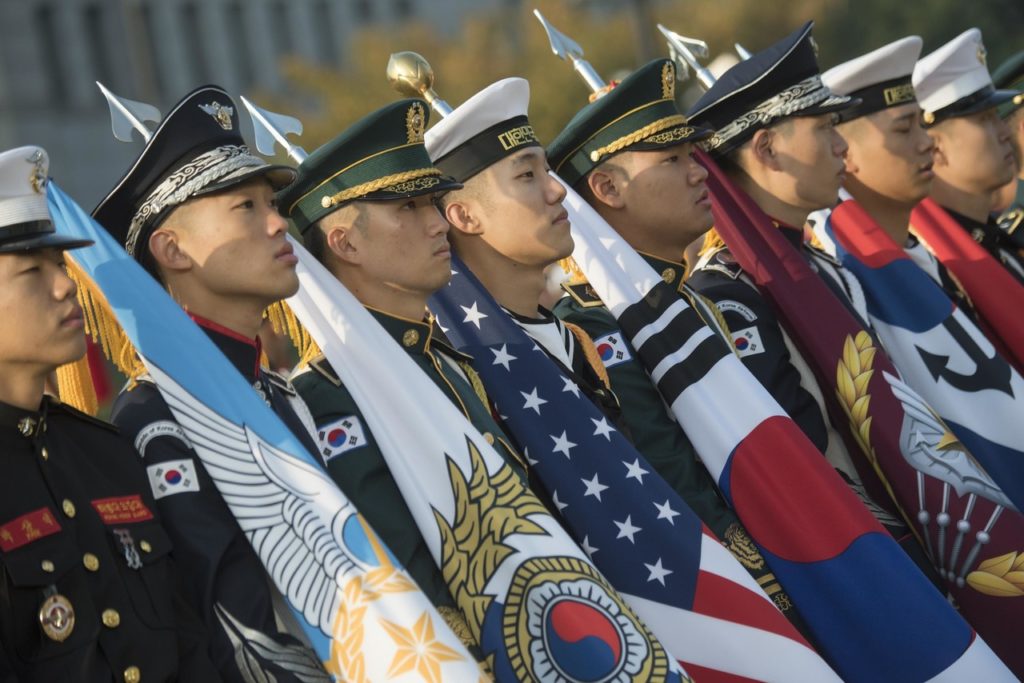The Peninsula
OPCON Transfer Follows Pragmatic Path
Published February 10, 2021
Author: Korea View
Category: South Korea, U.S. Foreign Policy, Current Events

What Happened
- On February 2, Chairman of ROK Joint Chiefs of Staff Won In-choul and U.S. General Mark Milley pledged to continue the process of transferring wartime operational control (OPCON) to South Korea.
- South Korea’s Ministry of Defense and the Pentagon also recently reaffirmed that OPCON transfer will happen once the ROK military meets the designated conditions, and that the transfer is not “timeline-based.”
- COVID-19 has caused the cancellation of joint military exercises necessary to assess South Korea’s ability to retake operational control, slowing down the transfer.
Implications: On matters of national security, the South Korean government defers to pragmatism. Domestically, OPCON transfer is highly political. Many South Korean liberals believe that U.S. wartime operational control of joint forces erodes ROK sovereignty and works as an obstacle to signing a peace agreement with North Korea. Responding to this constituency, President Moon announced in 2017 that he intended to complete OPCON transfer before the end of his term in 2022. However, this may also have been an attempt to create distance from Trump’s initial “fire and fury” policy towards North Korea. Recent statements from both the U.S. and ROK militaries that OPCON transfer can only be completed after all the agreed-upon conditions are met reaffirms that both governments continue to prioritize the underlying security rationale.
Context: The transfer of wartime operational control from the United States to South Korea was originally agreed upon under the liberal Roh Moo-hyun administration (2003-2008). Since then, it was pushed back twice under the conservative Lee Myung-bak and Park Geun-hye administrations, citing North Korean provocations and weapons developments. After pushing back the transfer under President Park, OPCON was scheduled to be transferred back to South Korea in the mid-2020s.
This briefing comes from Korea View, a weekly newsletter published by the Korea Economic Institute. Korea View aims to cover developments that reveal trends on the Korean Peninsula but receive little attention in the United States. If you would like to sign up, please find the online form here.
Korea View was edited by Yong Kwon with the help of Melissa Cho and Alexandra Langford. Picture from the U.S. Department of Defense website
